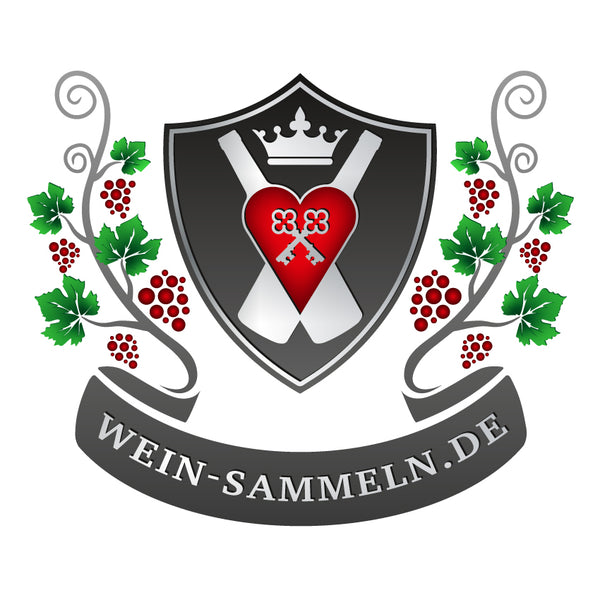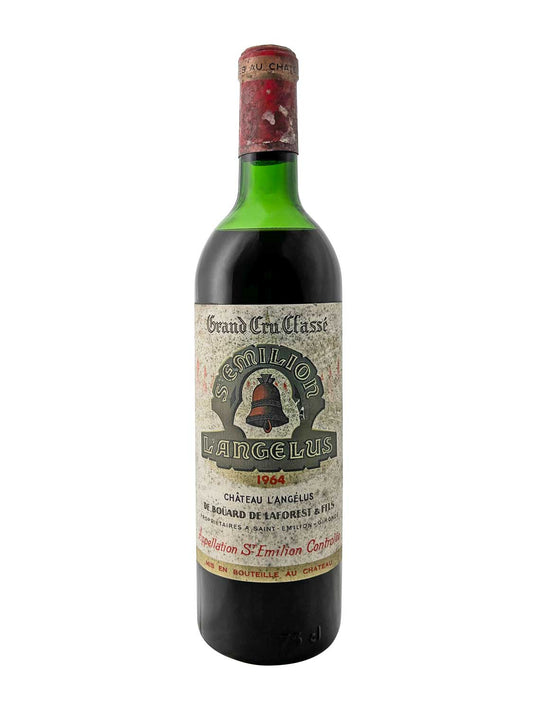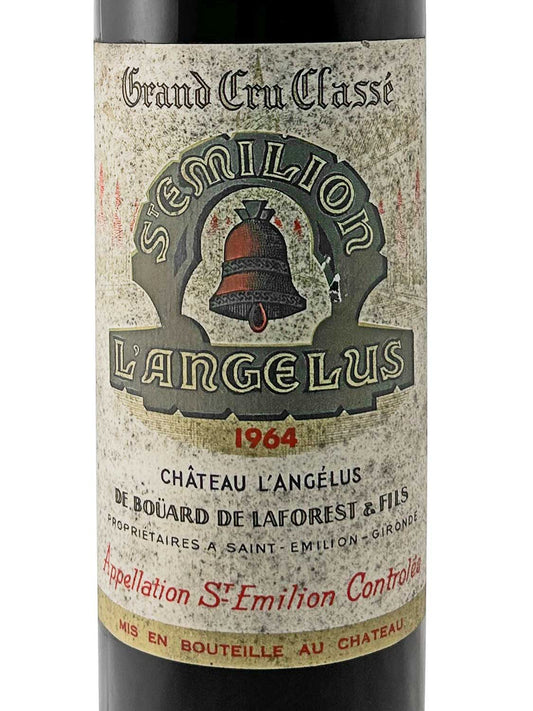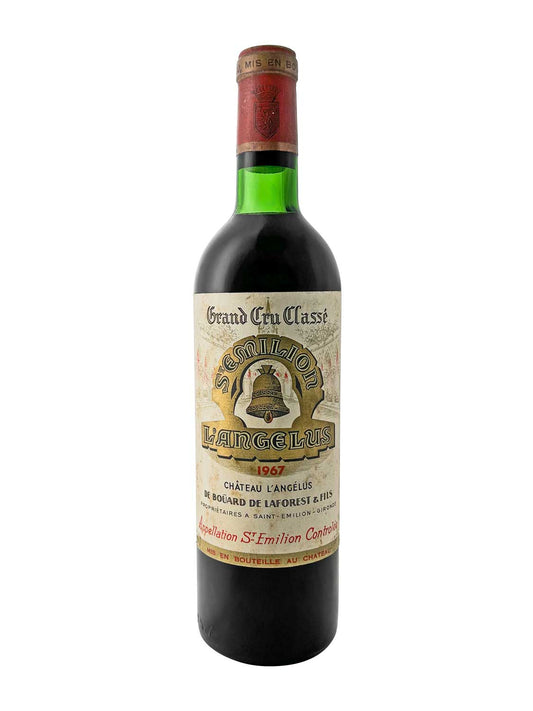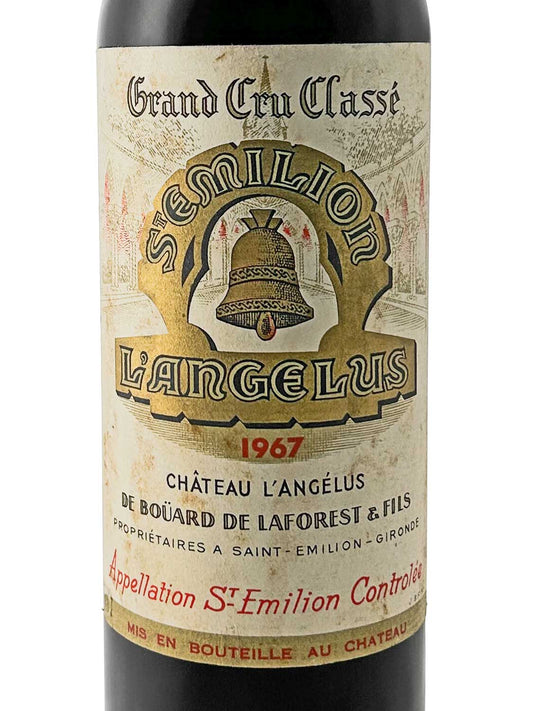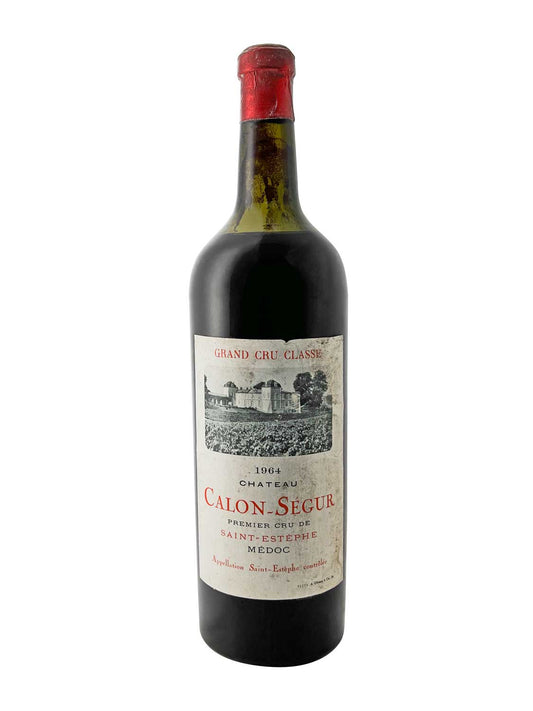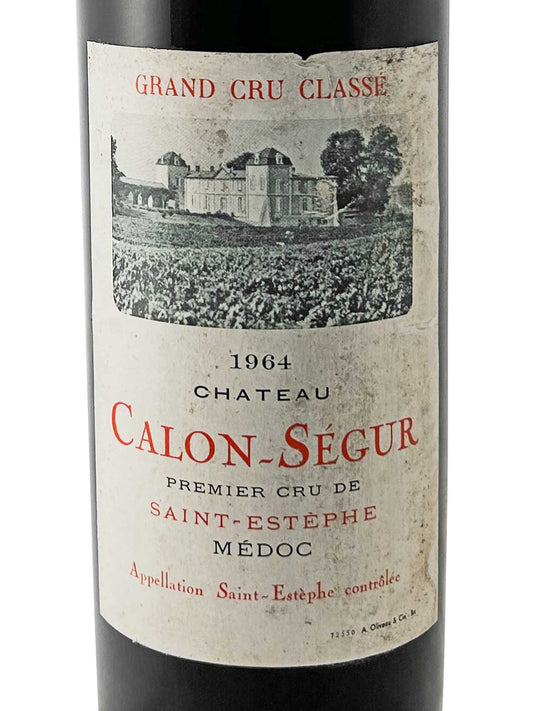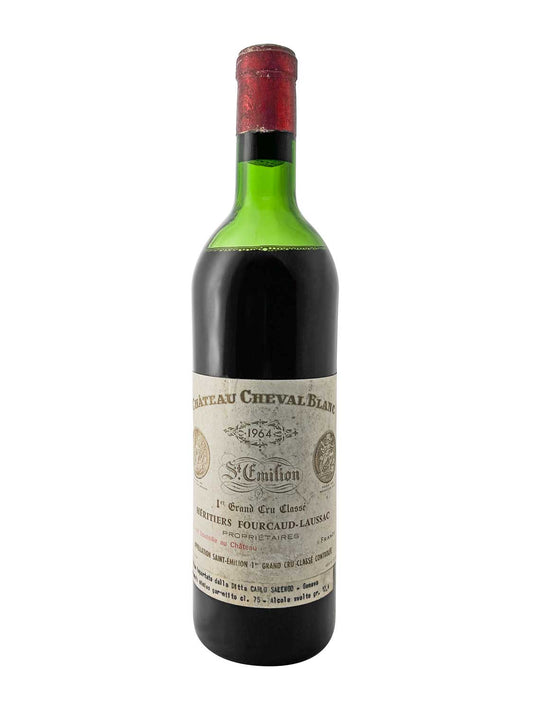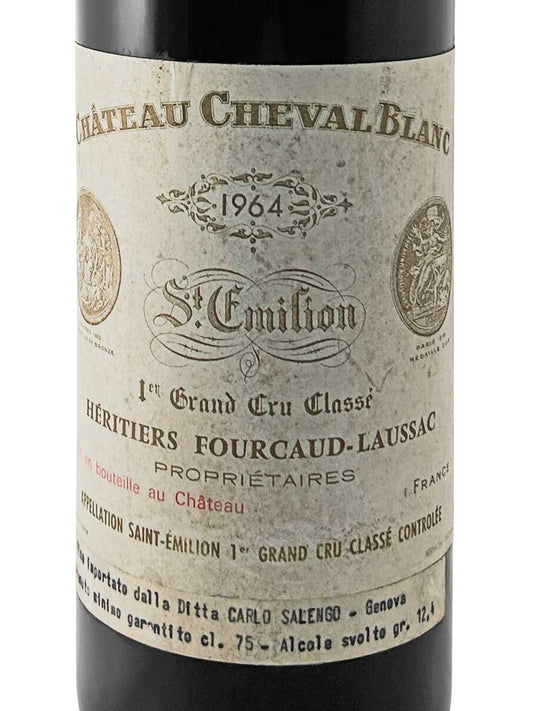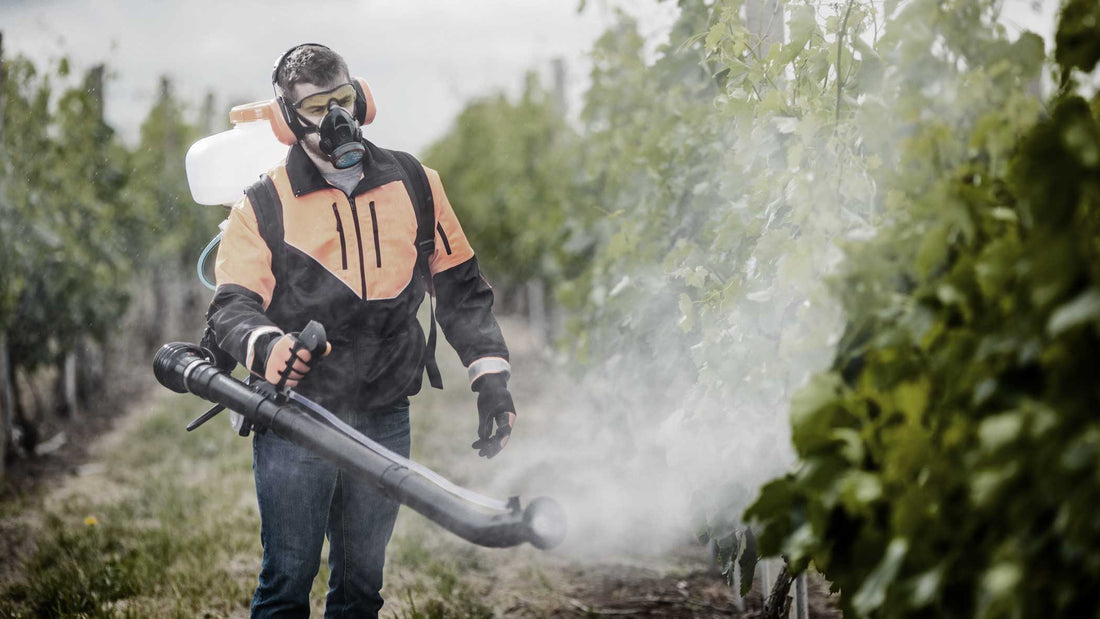
What is forbidden in Bordeaux winemaking
A comprehensive overview of the regulations in this wine region
Bordeaux winemaking is renowned worldwide for its high-quality wines and centuries-old traditions. However, behind these prestigious bottles lie strict rules and regulations governing cultivation, processing, and labeling. In this blog post, you'll learn what's prohibited in Bordeaux winemaking to ensure the quality and authenticity of the wines. This guide is of interest to both wine collectors and newcomers who want to learn more about the legal framework in Bordeaux.
1. Legal basis of Bordeaux viticulture
Viticulture in Bordeaux is subject to a multitude of laws based on EU directives, French law, and specific appellation regulations. The most important regulations are the AOC (Appellation d'Origine Contrôlée) system and the Bordeaux Wine Regulations. These regulations specify which grape varieties may be cultivated, how grapes must be processed, and which labeling standards apply.
2. What is forbidden in Bordeaux winemaking: The most important prohibitions
Here are the key prohibitions to preserve the integrity of Bordeaux wines:
a) Use of unauthorized grape varieties

Only certain grape varieties are permitted in the Bordeaux region. For red wines, for example, Merlot, Cabernet Sauvignon, Cabernet Franc, Petit Verdot, and Malbec are permitted. For white wines, Sauvignon Blanc, Sémillon, Muscadelle, and other varieties are permitted.
It is forbidden to cultivate or use unauthorized grape varieties in winemaking. This means that varieties such as Syrah, Grenache, or Pinot Noir are not permitted in certain appellations.
b) Use of unauthorised cultivation methods
The use of chemical growth promoters or unauthorized fertilizers is strictly prohibited. Likewise, so-called "chaptalization" (the addition of sugar to increase the alcohol content) is only permitted under certain conditions and must be carefully documented.
Also read: What does the term “terroir” mean in wine?
Invasive cultivation methods such as deforestation of large areas or the introduction of illegal substances into the soil to increase yields are also prohibited.
c) Use of unauthorized pesticides and herbicides
Only approved pesticides may be used. The use of banned chemicals is strictly prohibited to protect the environment and ensure the quality of the wines.
d) Manipulation in wine production
It is forbidden to manipulate the wine through unauthorized processes. These include:
- Addition of colors or artificial flavors
- Use of enzymes or additives not on the authorisation list
- Alteration of natural acidity through unauthorized methods
- Filtration with illegal means

e) False labelling and indications of origin
Misleading labeling is a serious offense. It is prohibited:
- To pass off wines as "Bordeaux" if they do not come from the region
- Providing false information about the year of birth
- To label wines with fake designations of origin
- Use labels with misleading information about the content or quality
f) Excessive increase in yield
The regulations limit the maximum amount of grapes per hectare to prevent overproduction. Exceeding these limits is prohibited and may result in the loss of the appellation.
Read also: Pauillac – The Jewel of Bordeaux Viticulture
3. Consequences of violations of the prohibitions
Violations of the legal requirements in Bordeaux viticulture can have serious consequences:
- Withdrawal of certification
- Fines
- Confiscation of production
- Damage to the reputation of the winemaker or winery
- Loss of appellation titles
These measures are intended to ensure that only wines of the highest quality come onto the market.
4. Why these bans are important
These strict prohibitions serve to protect the regional identity and quality assurance of the Bordeaux region. They prevent fraud and degradation of quality, as well as the dilution of Bordeaux's brand image worldwide.
These regulations ensure that consumers receive authentic products and that winemakers can compete fairly.

5. Current developments and challenges
With increasing global competition, regulations are also changing. New challenges such as climate change, organic farming methods, and sustainable production require adjustments to the legal framework.
Nevertheless, key prohibitions remain in place to ensure the long-term integrity of Bordeaux wine.
Read also: Libournais – A region you should know
Conclusion:
In Bordeaux winemaking, numerous practices are prohibited to ensure the highest quality standards and prevent fraud. From the use of only approved grape varieties to correct labeling, these rules protect the legacy of a centuries-old winemaking tradition. For winemakers, this represents a commitment to compliance; for wine collectors, it guarantees authentic Bordeaux wines with distinctive character.
If you want to learn more about Bordeaux wine rules or buy a genuine Bordeaux wine, look for official certificates and trustworthy dealers!
